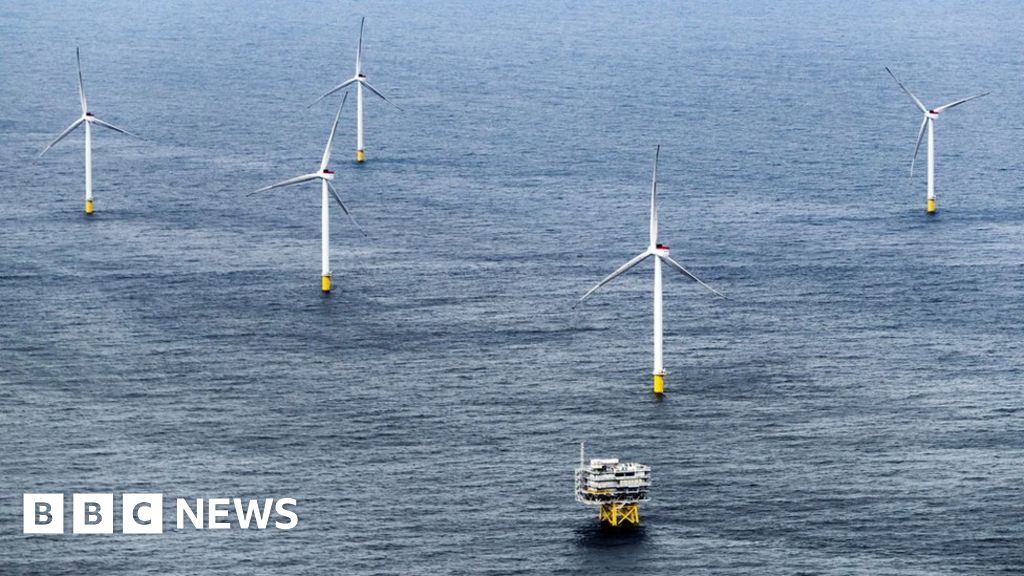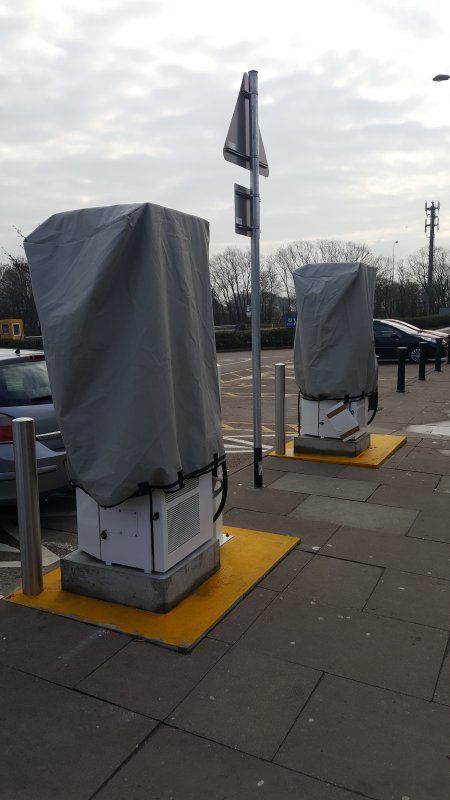midlifecrisis
Member
- Messages
- 16,227
@stindig
As Catman says energy production using renewable resources will only improve in efficiency and effectiveness. A new development offshore from Hull should power half a million homes.
 Which is not to be sniffed at.
Which is not to be sniffed at.
A similar development off the coast of Dorset was rejected by the NIMBYs of the old Conservatives. Which was disappointing
As Catman says energy production using renewable resources will only improve in efficiency and effectiveness. A new development offshore from Hull should power half a million homes.

North Sea Race Bank wind farm opens near Lincolnshire and Norfolk
The Race Bank offshore wind farm opens off the Norfolk and Lincolnshire coast with 91 turbines.
www.bbc.co.uk
A similar development off the coast of Dorset was rejected by the NIMBYs of the old Conservatives. Which was disappointing



